Companies make oils to provide a slippery layer on engine parts. There is a reason it doesn't look transparent in the oil container. The Oil floats on top of the water in your car and keeps all engine parts from touching each other, hence preventing rust or corrosion from taking place.
Over time of use, this Oil loses its effectiveness and starts deteriorating. A dark color normally indicates this, but if your Oil looks milky or clear, then it's time to change your Oil.
Changing your car's Oil is one of the most important things you can do to keep it running smoothly. But if you don't do it right, you could end up with engine problems.
This article provides you with tips and tricks to help you prevent engine problems after an oil change.
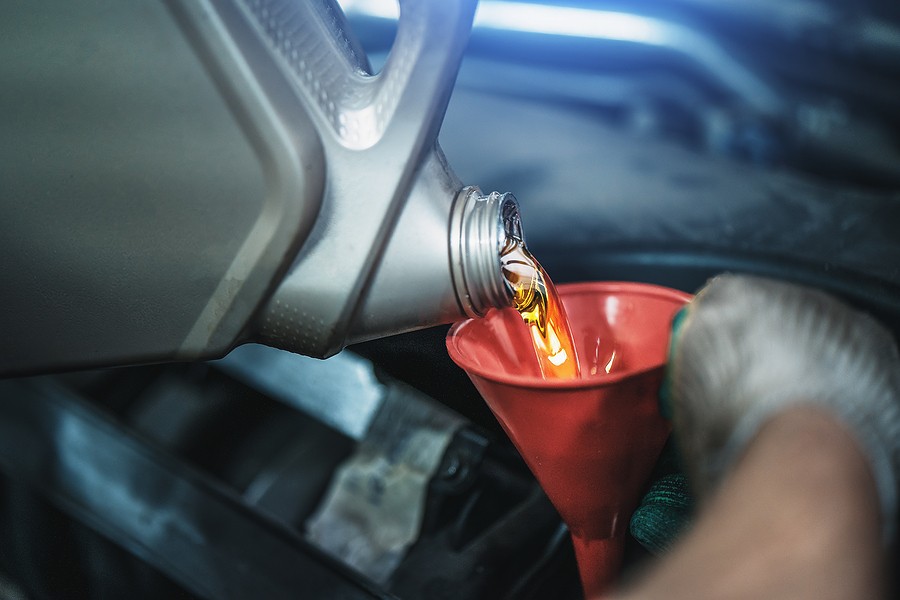
What are the different types of motor oils?
Motor oils are derived from petroleum, and which one you choose is important. They can be grouped into four categories based on their intended use.
Full-synthetic motor oil
It contains synthetic oils made entirely of artificial components; these provide the best protection against engine wear and tear. In addition, these typically cost around $0.50- $0.90 per quart, so using them in most cars is relatively economical.
Conventional motor oils
These are derived from petroleum oil and provide good engine protection for older engines that naturally lose compression with age.
Semi-synthetic motor oils
These blend conventional and full synthetic Oil with some additives to give extra engine protection.
High mileage motor oil
These are mainly for older cars with over 75,000 miles on the odometer. The additives help prevent sludge buildups discovered by most car owners after their engine oil change service near me.
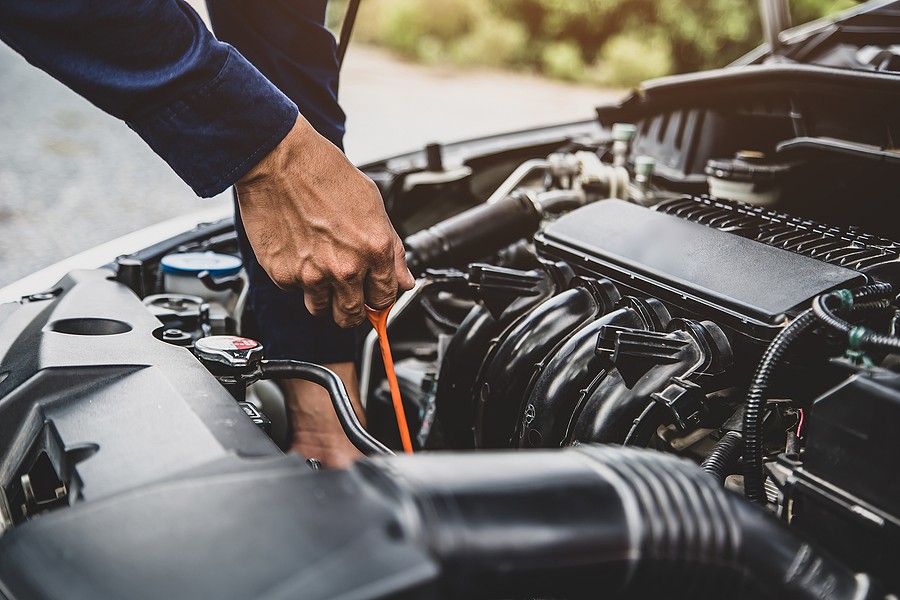
The Importance of Changing Your Car's Oil.
Oil is an essential fluid in any engine. Without Oil, your engine will start to malfunction and break down. Thus the importance of changing Oil should be emphasized on everyone regardless of whether they own a car or not.
Over time of use, this Oil loses its effectiveness and starts deteriorating. A dark color normally indicates this, but if your Oil looks milky or clear, then it's time to change your Oil.
Changing your car's Oil is one of the most important things you can do to keep it running smoothly. But if you don't do it right, you could end up with engine problems.
Tips and Tricks to Prevent Engine Problems After an Oil Change
While it's important to maintain your engine, it's also important to make sure you do things correctly. So here are some top tips and tricks to help you change your car's Oil without breaking a sweat or causing your engine any trouble:
#1 Skip The Ads.
When you go to the auto parts store, you will notice many adverts around the place in the form of posters and in the aisle itself. Unfortunately, these ads and promotions are often misleading and can be very deceiving, so try to prevent them because most don't even know if they're true or not.
#2 Inspect Your Oil Filter.
Before starting, make sure that your oil filter is clean on both sides after removing it from your engine. If it's not, don't install it back on the car because that means that dirt from previous oil changes is still present in your engine. You should also check if there are any cracks or holes and make sure you replace a damaged filter with a new one.
#3 Use The Right Amount Of Oil.
Make sure you use the right amount of Oil. It should not be more or less than what is required for your vehicle.
#4 The Right Kind Of Oil.
Another important thing to consider is the kind of Oil you use. Make sure it's compatible with your engine and that you follow the manufacturer's instructions on how much Oil to put in per your particular vehicle's specifications, which can be found in the owner's manual.
#5 Taking Care When Changing The Oil Filter.
Remember, the oil filter holds all dirt particles, so make sure you don't spill any oil when removing it from the engine. Also, if you accidentally break off any plastic bits under the car, now is the time to fix this situation because you'll have access underneath it once your old oil filter has been removed.
#6 Don't Touch The Manual.
If you've never changed the Oil in your car before, don't touch the manual that comes with your engine because it will only lead you to unnecessary work and stress. Instead, our advice is always to read your owner's manual first before doing anything to avoid any headaches or mistakes that might cost you money in the long run.
#7 Don't Try To Be A Pro.
Most people mistake opening up their engine to get a closer look at the oil filter once it's been removed from the engine block. Still, you don't need to do this because opening your engine will make things more complicated and time-consuming for you.
#8 Don't Waste Money On Chemicals.
Another mistake people make is buying expensive engine additives that promise to keep the Oil clean and protect your engine from turning into a rust bucket. Still, these are usually just heaps of chemicals that you can buy for much less at the store. If there were such an engine additive that kept Oil clean and protected your engine, these manufacturers would have patented them, and they wouldn't be able to sell it.

#9 Don't Forget To Replace The Gasket.
Remember that when you remove the oil filter, a gasket usually holds all the Oil in place. Make sure you attach this gasket where the old one was and tighten it up to prevent oil leaks.
#10 Use The Right Tools.
Make sure you use the correct tools when changing your car's Oil and that these tools will fit into your engine: if they don't, this can be very dangerous for you. If possible, try borrowing a tool kit from a friend who knows how to do this on your vehicle.
#11 Get Help.
If possible, try to get a friend who is an expert to help you change the Oil as long as they have all of the required tools and know-how to do it properly without causing damage or injury. This way, you won't have to worry about doing something incorrectly that will cause engine problems.
#12 Don't Ever Change Oil On A Hot Engine.
Never change the Oil on a warm engine or even a hot engine because it can cause big problems for you. The reason why is that when the Oil is cold, most of its impurities and chemicals are at their lowest and most concentrated levels, so they will be easy to get rid of. Still, once the Oil is hot, these impurities and chemicals become more active, becoming a lot harder to remove.
#13 Drain The Old Oil Correctly.
Ensure you drain your engine's old Oil correctly because if you don't, this can cause problems for you in the future: it might even lead to engine failure. Never drain Oil from your engine when it's hot. That makes the process harder and more time-consuming for you because all of the old chemicals stuck to your engine at a much higher concentration.
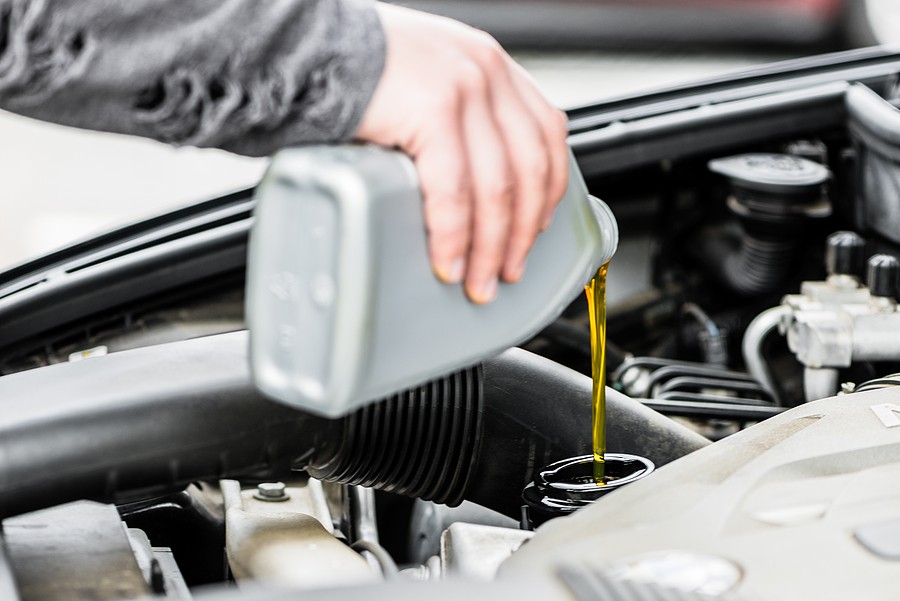
#14 Don't Forget To Rinse Out The Drain Plug.
After you've drained your engine's old Oil, make sure to rinse the drain plug and its gasket with a degreasing cleaner because if you don't, this can cause problems for you later on when it comes time for you to put the new Oil in. Also, if there is any oil on this gasket and it's reinstalled, your engine will run the risk of becoming damaged, so make sure you rinse out both parts thoroughly.
#15 Always Use An Oil Filter Wrench.
When removing the old oil filter, always use an oil filter wrench to get the job done properly without causing yourself problems or injury. This will also save you money in the long run because it's much easier for you with this tool than trying to peel off an oil filter that might be stuck on your engine.
What Happens if You Don't Regularly change the Oil?
If you don't regularly change your Oil, it will wear out the engine on your vehicle quickly, leading to engine problems. Also, if you do not change your Oil for thousands of miles, the Oil left inside the engine isn't easily removed because it becomes very dirty.
This means that if you were to change your Oil regularly and even if it was only every few thousand miles, this would be sufficient to keep the engine in good working order because no extra dirt and grime would build up inside the engine.
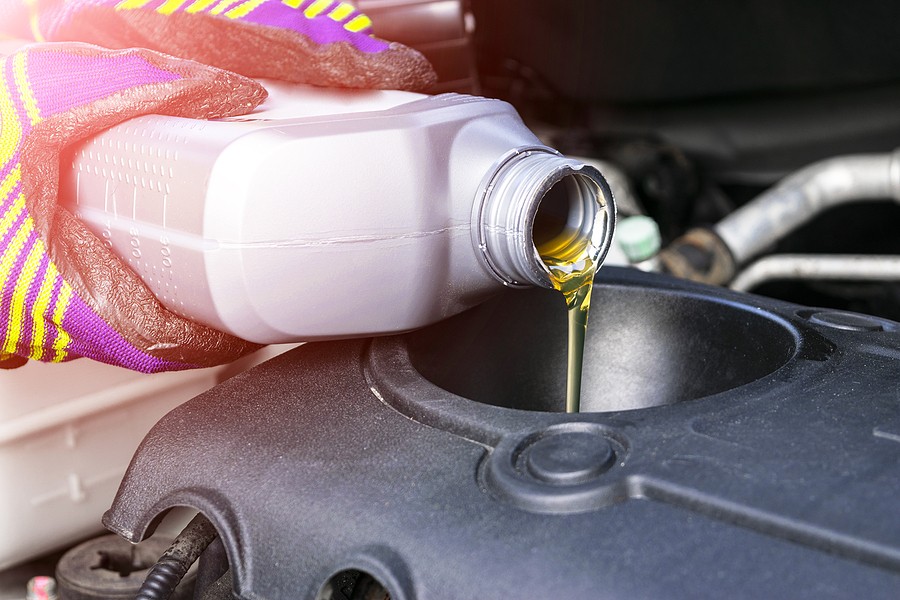
How Often Should I Change My Car's Oil, Anyway?
Everyone's vehicle and driving style are different, so to know how often you should change your car's Oil, check your owner's manual or ask a mechanic how often you need to change the Oil to keep it in good working condition.
This will allow you to save money down the road because any engine damage that could have occurred if you were to change your Oil regularly will be avoided.
Frequencies of changing your motor oil depend heavily on your Oil's type. For instance, if you're using synthetic Oil, most manufacturers recommend an interval of about seven thousand miles, whereas they recommend around three thousand miles if you're using conventional Oil.
How Long Does It Take to Change the Car's Engine Oils?
Changing your car's engine oils is not a complicated process, and it doesn't take that long to do if you have the right tools.
It usually takes just about an hour unless, of course, something goes wrong such as losing a bolt or stripping out the oil pan bolts. Of course, this means anything can happen, so make sure to be prepared for this situation.
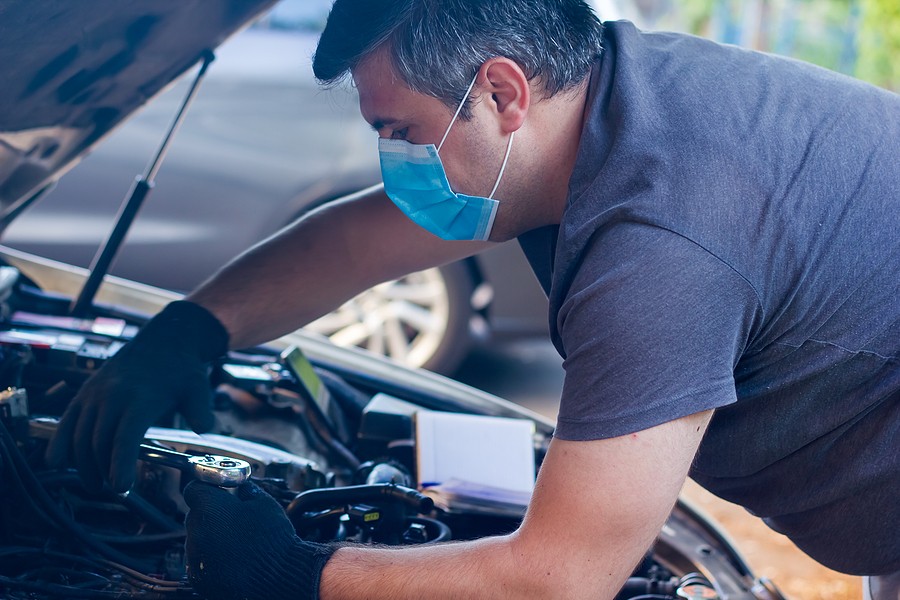
What Are Some Signs That Indicate That It Is Time to Replace My Motor Oils?
Some signs indicate it's time for you to replace your car's engine oil. For example, if you notice a lot of sludge built up in the oil pan, this indicates high mileage and that it might be time for you to change out all of the fluids in your vehicle.
When you check your Oil or get an oil change, they tell you that your Oil is very black and dirty, and it's time for a change; this means that your car might be having problems.
Issues with the engine, such as not starting or stalling out when you come to a stop, are also signs of an issue regarding the motor oil.
Why Do I Need to Replace my Motor Oils to Maintain Performance Standards of My Vehicle?
Replace your motor oils to maintain the performance standards of the vehicle because if you do not, different issues can crop up, such as oil leaks and overall engine damage. In addition, not changing the Oil for a long period will cause particles, dirt, and grime to build up inside of it, and this causes many problems with the viscosity levels inside of your engine, which leads to engine failure.

What to do when dealing with engine problems after an oil change?
The best thing that you can do if you're facing engine problems after an oil change is to take your vehicle to a mechanic because you don't want to try and diagnose these problems on your own.
You might not know what you're doing, which can cause engine breakdowns or more damage than good, so it's best to go to a professional who knows what they're doing with all types of engines.
The automotive industry is a very broad subject because there are many different vehicles, so you will need to speak with a specialist to get your engine problems diagnosed.
If you're unsure of what to do, you shouldn't hesitate to call your mechanic or schedule an appointment for diagnostics because this is the best course of action when dealing with car issues that you don't know how to handle.
The technology behind engines has changed so much over the years to make them more eco-friendly and, in turn, last longer than ever before. You can do your part by taking better care of your engine by following these tips about avoiding engine problems after an oil change.
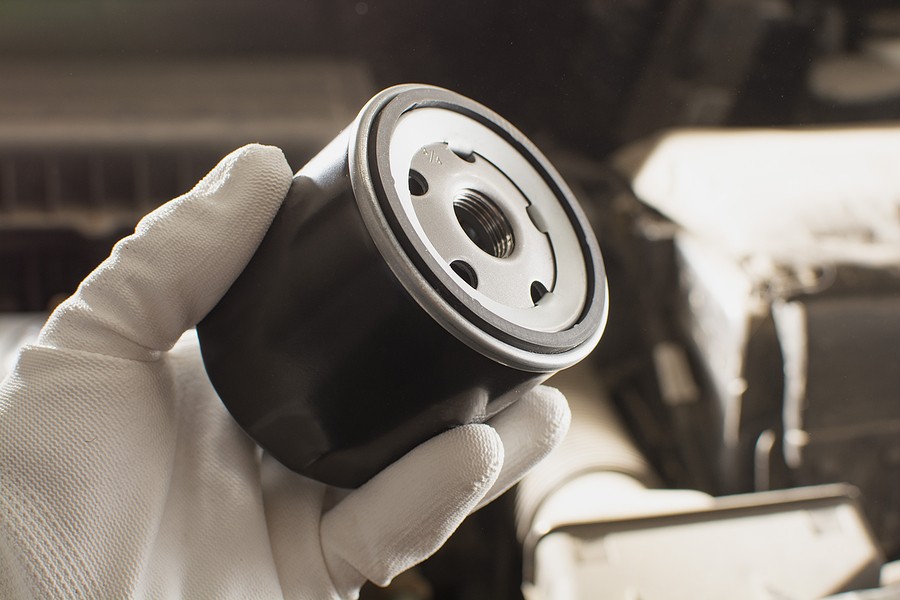
Conclusion
No engine is perfect, and it's impossible to predict when trouble will strike. But follow the advice in this article on how to avoid engine problems after an oil change. You can dramatically reduce your chances of a breakdown or other major issue with your vehicle. Don't let a simple task like changing motor oils lead to disaster – take care of them before they start causing more problems!



